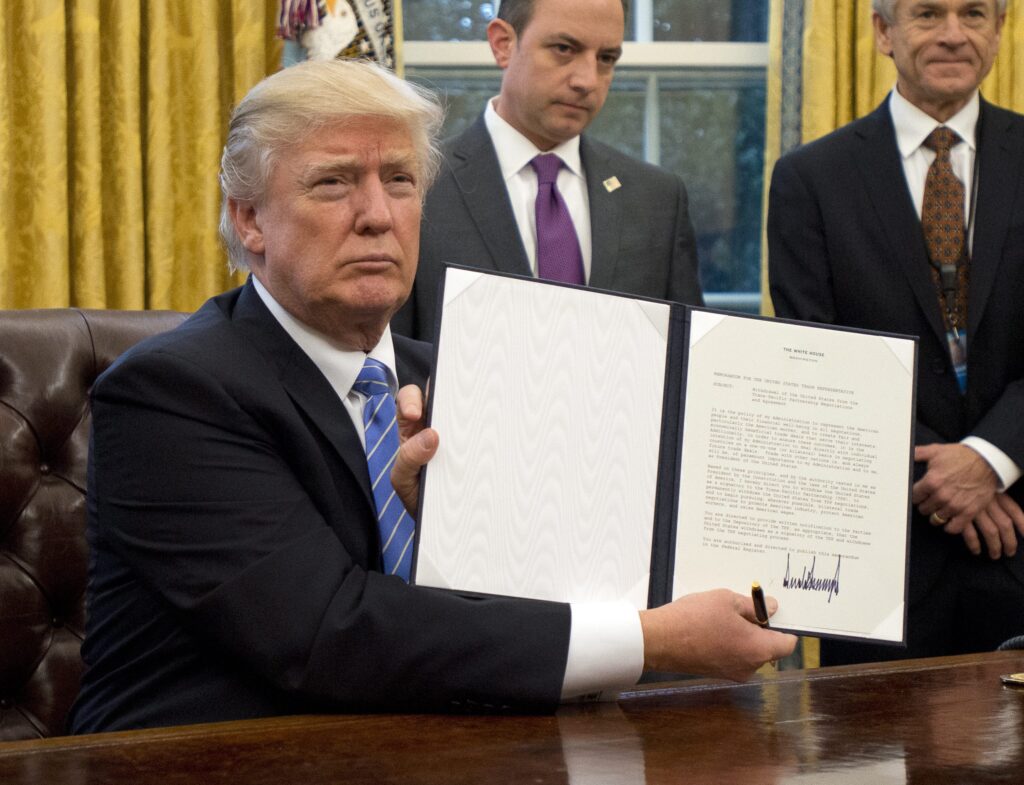President-elect Donald Trump is preparing to take swift and decisive actions on his first day in office, marking a significant shift in U.S. immigration policy. According to sources familiar with the transition, Trump will sign a series of executive orders aimed at ramping up immigration enforcement, rolling back key programs initiated under President Joe Biden, and accelerating the construction of the U.S.-Mexico border wall.
One of Trump’s key actions will grant federal immigration officers broader authority to arrest individuals without criminal records, giving them the green light to pursue non-criminal undocumented immigrants for deportation. This order will reverse Biden’s focus on prioritizing serious criminals and vulnerable populations for enforcement, instead expanding deportations to include individuals with expired legal statuses and those who have exhausted their legal options. More than a million immigrants in the U.S. are currently subject to deportation orders, and Trump plans to make their removal a priority.
In addition, Trump intends to mobilize National Guard troops to the U.S.-Mexico border, declaring illegal immigration a national emergency. This would unlock funds for the completion of the border wall, a campaign promise that he continues to champion. The administration may also revisit the controversial “Remain in Mexico” program, which requires non-Mexican asylum seekers to wait in Mexico until their U.S. cases are processed.
Trump is also expected to end Biden’s temporary humanitarian parole programs, which have allowed hundreds of thousands of migrants to legally enter the U.S. and obtain work permits. These include initiatives that provided legal entry for migrants with U.S. sponsors and those using a border appointment scheduling app. Trump’s team is also considering an agreement with Mexico to reinstate the “Remain in Mexico” policy, further restricting asylum seekers’ ability to cross the border.
These executive actions, which align with Trump’s aggressive immigration agenda, are likely to face significant legal challenges from pro-immigration advocates and states led by Democrats. However, with the return of hardline figures like former ICE Director Tom Homan and the anticipated involvement of Trump’s key ally, Stephen Miller, as Deputy Chief of Staff for Policy, immigration enforcement will remain at the forefront of Trump’s administration.
As Trump prepares to take office on January 20, these measures reflect his ongoing commitment to reducing illegal immigration and ensuring a more restrictive immigration framework in the U.S.



